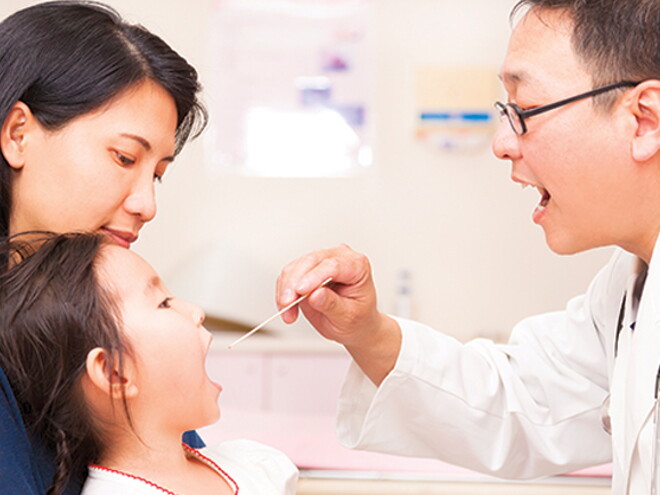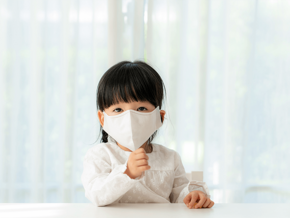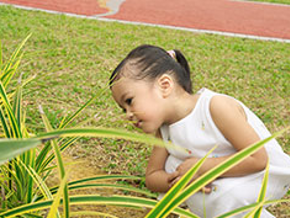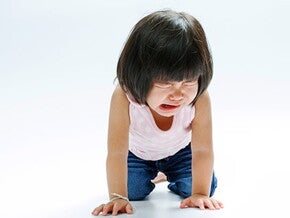
As a parent, you’ve probably wondered more than once how you can help your child if he or she has an allergy, or an allergic reaction. While there’s the usual medication that you keep handy just in case, you can also teach your child about allergies. Educating your child about allergies and how to manage them will help develop have a sense of independence and ensure they know what to do in an emergency. Here’s how you do it.
1. Tell Your Child What an Allergy Is
To start educating your child about an allergy, it’s better to have your child understand why he or she can’t eat certain things, rather than just banning it at home. If your child is too young to grasp the concept, try using simple terms like safe foods and unsafe foods. Teach them what they look like, and typical meals with those ingredients.
2. Teach Your Child What to do When There’s an Allergic Reaction
Have a back-up plan in mind for emergencies. Of course, the first step is to teach them about their symptoms, or how they might feel in general when they have an allergic reaction. For example, skin allergies may cause allergy rashes. If they are unwell, they should tell a trusted adult. Speak to teachers and babysitters about their condition, and make sure that they have your contact and the doctor’s as well. Your child’s allergy may develop into other allergies, in what is known as the allergic march. For example, your child may develop allergic rhinitis when growing up.
3. Involve Your Child in Meal Planning
During grocery shopping or even food preparation, get your child involved. This way, you can show the ingredients that are safe and those that are not. You can also encourage interest in what he or she eats.
Educating your child about allergy is important. However, if you are unsure about allergy treatments or how to handle allergic reactions, speak to your healthcare professional. They’ll better prepare you and your child for any situations in the future. Note the names of the allergy medications and discuss them with your child, their teachers or any potential care-givers.
What can you do about the risk of developing allergies? The risk of allergy may be reduced. The best outcome comes from an early diagnosis and knowing your child’s risk. You can have your healthcare professional perform an allergy test.
As family history plays a crucial role in determining the risk of allergy, the first step, and perhaps the most fundamental, is to look into parental history.


























